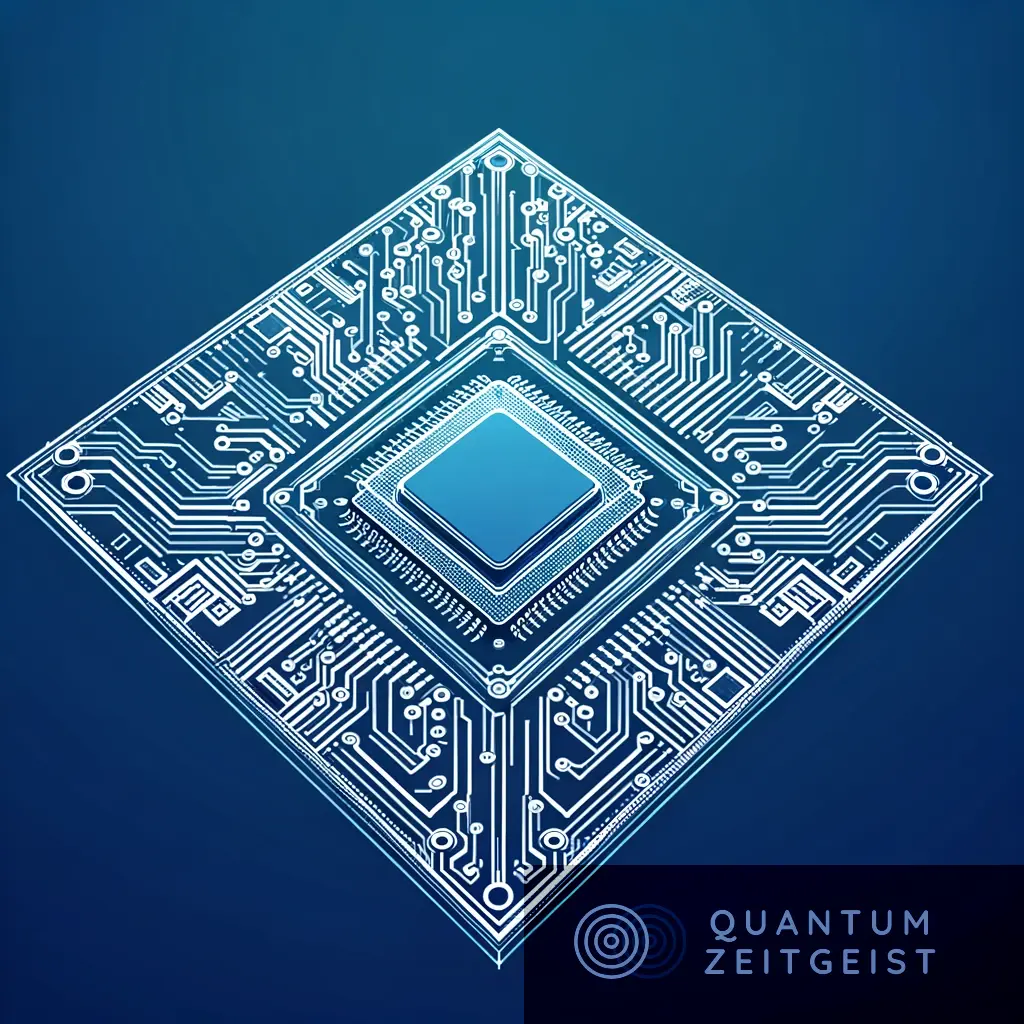Caltech and Broadcom have announced a partnership to advance quantum science research, potentially leading to new technologies and applications. The partnership, backed by a significant investment from Broadcom, will establish the Broadcom Quantum Laboratory at Caltech. Over the next five years, both organisations will host an annual symposium to explore mutual interests and future development opportunities. Caltech President Thomas F. Rosenbaum and Broadcom CEO Hock Tan expressed their excitement about the partnership. Caltech is a leading institution for quantum science research, with potential impacts on energy storage, drug design, and information processing and security.
Caltech and Broadcom Quantum Research Partnership
Caltech and Broadcom have announced a multi-year partnership aimed at advancing quantum science research and potential innovative technologies and applications. The partnership is backed by a significant investment from Broadcom, a semiconductor company. This collaboration will result in the establishment of the Broadcom Quantum Laboratory at Caltech, a physical space designed to foster collaboration among experts in quantum computing, quantum sensing, quantum measurement, and quantum engineering. The investment from Broadcom will support joint programming and research to expedite discovery.
Annual Symposium for Mutual Exploration
In addition to the establishment of the laboratory, Broadcom and Caltech have agreed to host an annual symposium over the next five years. This event will provide a platform for scientists and engineers from both organizations to explore areas of mutual interest and future development opportunities in relevant fields. This initiative is expected to foster a deeper connection between the two entities and amplify the impact of their scientific and engineering endeavors.
Statements from Caltech and Broadcom Leaders
Caltech President Thomas F. Rosenbaum, the Sonja and William Davidow Presidential Chair and professor of physics, expressed his enthusiasm for the partnership. He emphasized the shared belief in the transformative potential of quantum discoveries across various disciplines. Hock Tan, President and CEO of Broadcom, echoed this sentiment, highlighting the company’s commitment to supporting advanced R&D and its relentless pursuit of innovation to connect its customers, employees, and communities worldwide.
Caltech’s Quantum Science Research
Caltech is recognized as one of the world’s leading institutions for quantum science research. Its faculty, spread across the Institute, are working on theoretical and experimental advances with the potential to impact a wide range of areas, from energy storage to drug design, to information processing and security. The Institute’s faculty have been at the forefront of the field since the 1980s, when the late Richard Feynman, a Caltech theoretical physicist who pioneered quantum computing and introduced the concept of nanotechnology, first suggested that quantum computers would be necessary for future advanced computing systems and problems.
The Potential Impact of the Partnership
The partnership between Caltech and Broadcom holds significant potential for the advancement of quantum science. The establishment of the Broadcom Quantum Laboratory at Caltech and the annual symposium will provide a platform for collaboration and exploration, potentially leading to breakthroughs in quantum computing, sensing, measurement, and engineering. The partnership also reinforces Broadcom’s commitment to supporting advanced R&D and innovation, while amplifying Caltech’s capabilities in science and engineering.
“Developing deep connections to technology leaders like Broadcom amplifies the power of the science and engineering that Caltech can accomplish,” says Caltech President Thomas F. Rosenbaum, the Sonja and William Davidow Presidential Chair and professor of physics. “We share a belief in the transformative potential of quantum discoveries across the disciplines and welcome this new partnership.”
“Broadcom is thrilled to partner with Caltech to launch this critical R&D initiative on quantum computing. As a world-class leader in science and engineering research, Caltech has a long and rich history of technology innovation,” says Hock Tan, President and CEO of Broadcom. “This multi-year investment and engineering collaboration reinforces our continued commitment to supporting advanced R&D and represents our relentless pursuit of innovation to connect our customers, employees and communities worldwide.”
Summary
Caltech and Broadcom have entered into a multi-year partnership to advance quantum science research, with the potential to seed new technologies and applications. The partnership will establish the Broadcom Quantum Laboratory at Caltech, a collaborative space for experts in quantum computing, sensing, measurement, and engineering, and will also host an annual symposium to explore future development opportunities in relevant fields.
- Caltech and Broadcom have announced a multi-year partnership to advance quantum science research and potential new technologies.
- The partnership will establish the Broadcom Quantum Laboratory at Caltech, a collaborative space for experts in quantum computing, quantum sensing, quantum measurement, and quantum engineering.
- Broadcom’s significant investment will support joint research and programming to accelerate discovery.
- Over the next five years, an annual symposium will be hosted by Broadcom and Caltech, where scientists and engineers will explore areas of mutual interest and future development opportunities.
- Caltech President Thomas F. Rosenbaum and Broadcom CEO Hock Tan have expressed their enthusiasm for the partnership and its potential for transformative quantum discoveries.
- Caltech is a leading institution for quantum science research, with faculty working on theoretical and experimental advances that could impact areas such as energy storage, drug design, information processing, and security.

